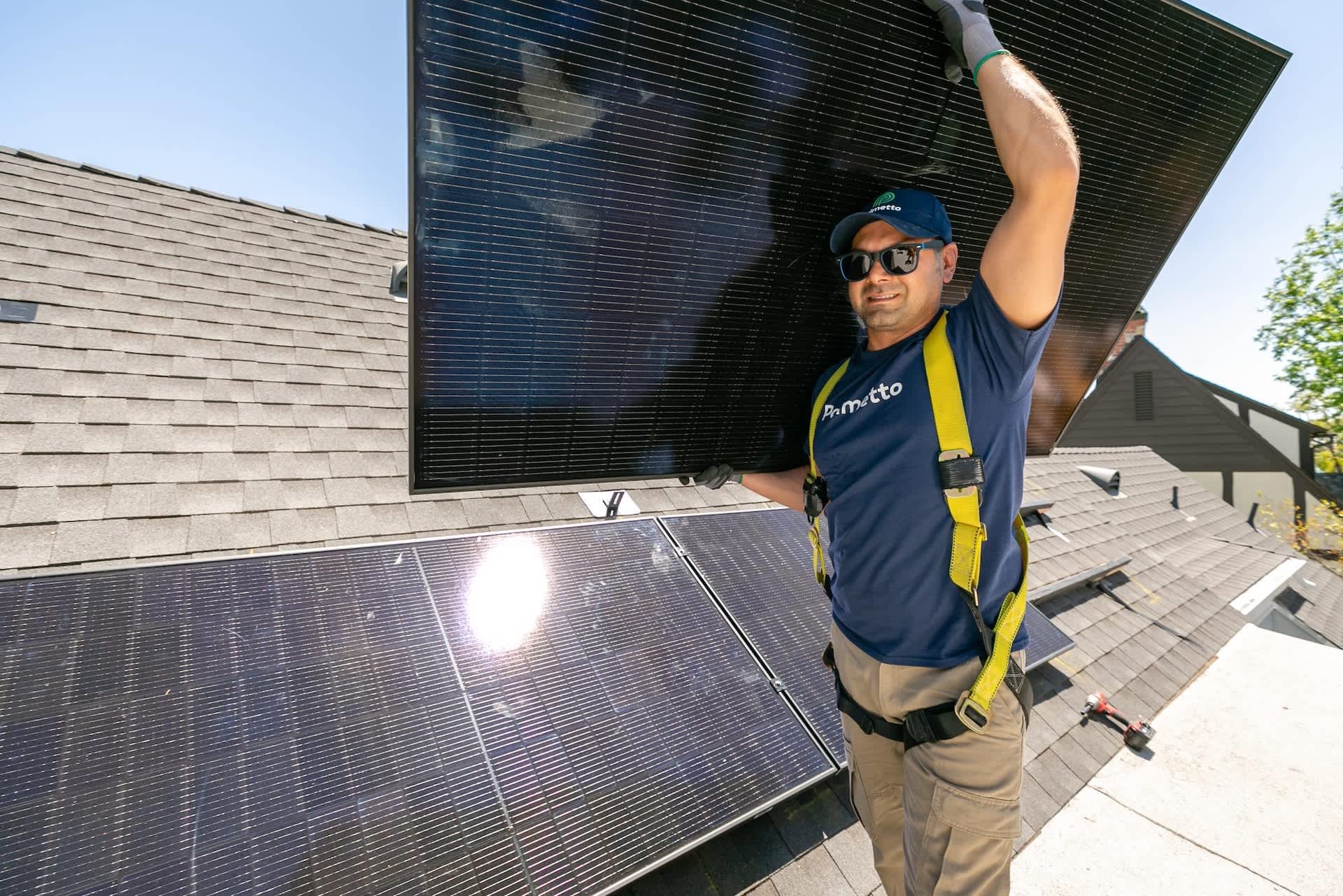One Connecticut homeowner took to Reddit with an image of a plant on their property, asking if it is invasive or native.
Based on the photo the original poster attached, the comments identified the plant as English ivy.

After pulling out other invasives like Oriental bittersweet, the OP wrote: "Now I see this (fortunately very small patch) and I'm suspicious because I've never seen it anywhere else on my property."
English ivy isn't something to play with.
It's one of the most destructive invasive plant species you can have on your property. In a short amount of time, the vines can grow up to 99 feet long. Those vines can climb trees and block sunlight from reaching the leaves, and they can be heavy enough to snap branches.
The sap of this plant is also toxic and can irritate the skin. Oaks, maples, and elms are especially susceptible to pathogens English ivy can spread, such as bacterial leaf scorch, according to the nonprofit Casey Trees. Luckily, the OP appears to have caught their invasion early enough, so it is only a small amount.
Can't afford solar panels? Here's how to get them without paying for purchase or installation Palmetto's revolutionary LightReach program gives you all the benefits of solar power without the upfront costs. LightReach lets you lease solar panels with no money down, making it easier than ever to lock in energy savings. Palmetto assumes all risk and responsibility for the panels you lease, which means you'll get reliable performance without unforeseen costs. To get started, just answer a few basic questions about your home and learn how much you can save. Learn more → |
Watch now: Giant snails invading New York City?
As soon as you discover English ivy, carefully remove it by pulling it up from the roots. Tarp coverage blocks the sun, causing the plant to die, but it may take a year or more to do so. If you see it on your tree, cut the base stems and carefully peel vines from the surface — you can damage the bark by pulling too fast.
Instead of harmful chemicals, try using white vinegar. Put it in a spray bottle, and spritz the visible vines and surrounding soil.
After cutting and pulling the plant, smother it with organic mulch and rewild your yard by planting native seeds like ground cover that can further prevent more weed growth. Native plants like the Virginia creeper, Trumpet honeysuckle, and Fragrant sumac are good replacement options that look beautiful and can choke the ivy out.
|
Should we be actively working to kill invasive species? Click your choice to see results and speak your mind. |
"Looks like English ivy. It will take over everything and you won't be able to get rid of it! Yes, invasive," said one person.
TCD Picks » Quince Spotlight

Another commented, "It took over a whole tree in my grandmother's backyard in San Antonio."
Someone else exclaimed, "Will devour & kill your trees & shrubs, destroy your fence, damage your home. I can't believe nurseries still sell this stuff. It's like evergreen non-itchy ivy."
Join our free newsletter for easy tips to save more and waste less, and don't miss this cool list of easy ways to help yourself while helping the planet.

















